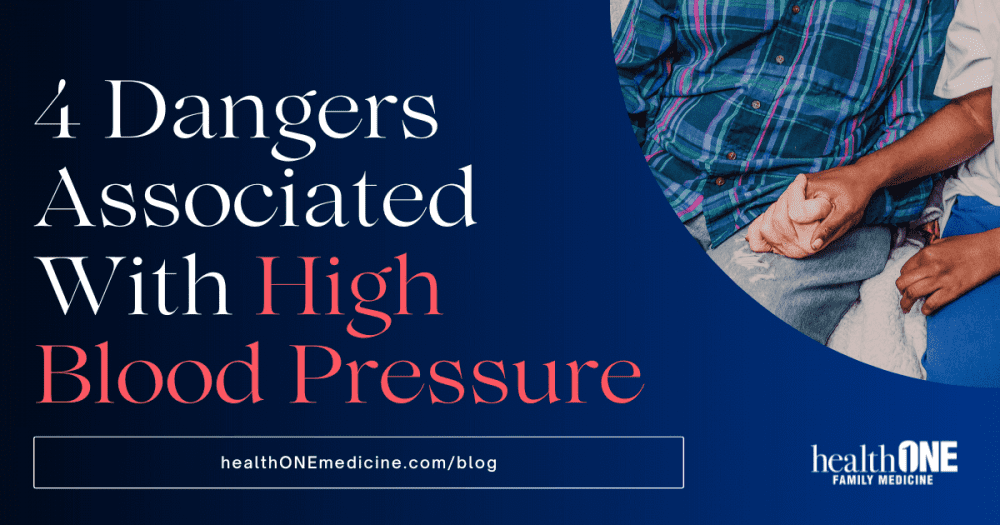In the United States alone, it’s estimated that one in three individuals is suffering from high blood pressure. And the worst thing: only around half of those individuals have control over their illness. So, it’s important to know what high blood pressure is and how it can severely affect your health and well-being. With that in mind, here’s why hypertension or high blood pressure is a silent killer.
High Blood Pressure Will Increase Your Risk of Suffering a Hypertensive Crisis
A hypertensive crisis is a medical emergency that results in a sudden increase in blood pressure exceeding 180/120. However, your organs can be harmed if your blood pressure rises too high, in addition to other possibly fatal problems. The signs of a hypertensive emergency include:
- Anxiety
- Chest pain or discomfort
- Shortness of breath
- Bleeding nose
- Migraines
- Headaches
- Lightheadedness
- Dizziness
- Blurred vision
High Blood Pressure Will Increase Your Risk of PAD (Peripheral Artery Disease)
The narrowing or obstruction of the blood arteries that convey blood from the heart to the legs is referred to as peripheral arterial disease (PAD). This typically occurs in the legs or lower extremities. Atherosclerosis, the accumulation of fatty plaque in the arteries, is the primary cause of it. A combination of PAD and high blood pressure can drastically increase your risk of strokes and heart attacks.
It Can Lead to Vision Problems
High blood pressure can harm your heart and kidneys, but it can also lead to other issues if it is not managed. Your eyesight will ultimately begin to be affected. The blood vessels in the retina, the area at our eye’s back where we focus on images, can suffer catastrophic damage from hypertension.
When left untreated, high blood pressure can result in hypertensive retinopathy. This can further damage your eye and cause blindness in worse cases.
High Blood Pressure Leads to Stroke and Heart Disease
Your arteries’ walls become damaged when you constantly have high blood pressure. They become more likely to form plaque deposits, which can stiffen, restrict, or block your arteries. This can potentially lead to blood clots developing in your arteries. A heart attack or stroke can result from blood clots that travel through your bloodstream and obstruct blood flow to your brain or heart.
Furthermore, when your arteries stiffen, your heart has to work harder to pump blood throughout your body. This can cause heart enlargement and dramatically increase your risk of heart disease.
Wrapping Up
One of the most dangerous medical issues a person can face is high blood pressure. The long-term consequence of years of high blood pressure increases the likelihood of developing heart disease even if it does not show any symptoms immediately. Therefore, it’s important not to take high blood pressure seriously and visit your primary care physician to restore it to a normal level.
To learn more about high blood pressure symptoms and treatment tips, contact Health One Family Medicine by calling (469)262-5762 or visiting https://www.healthonemedicine.com/.

